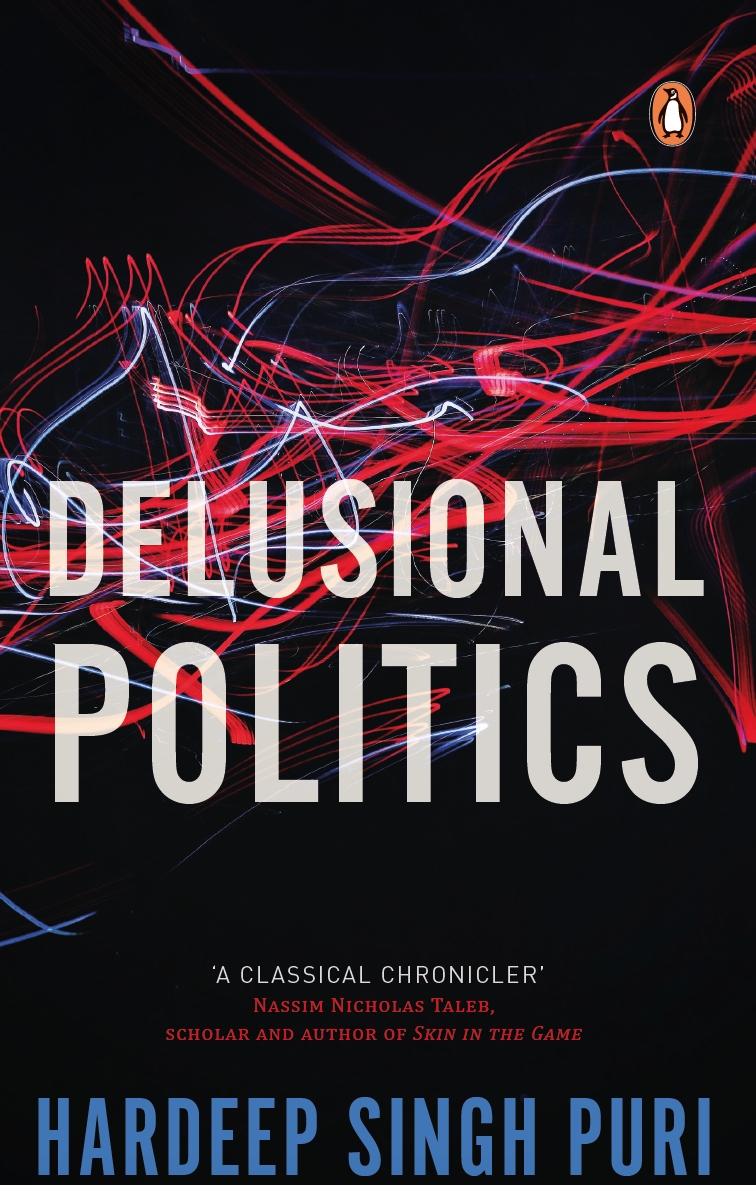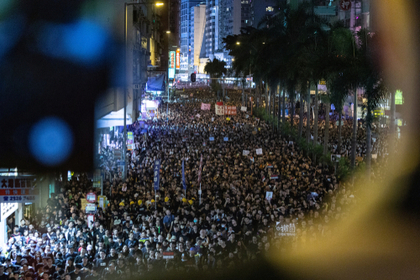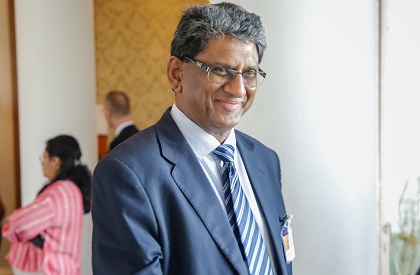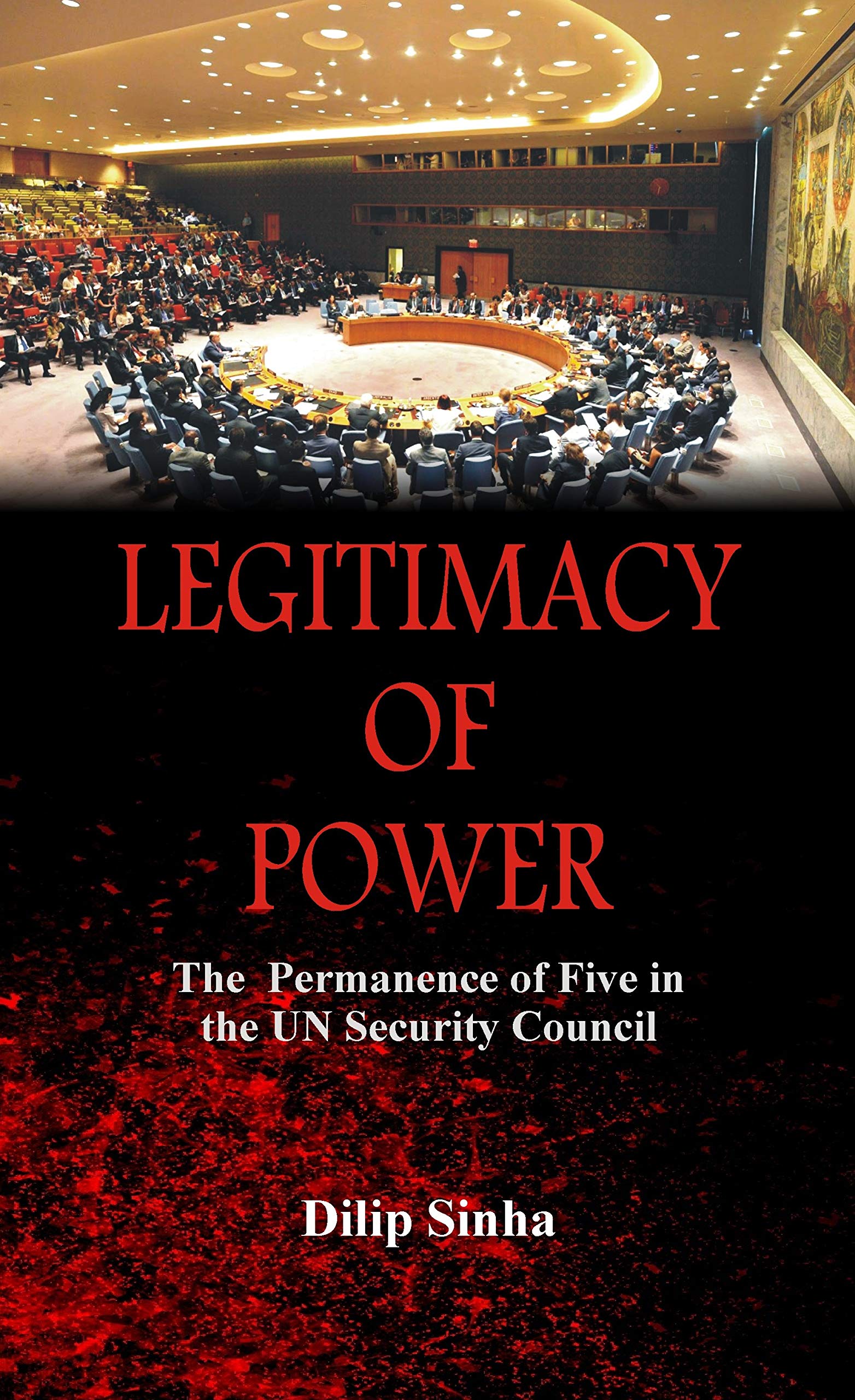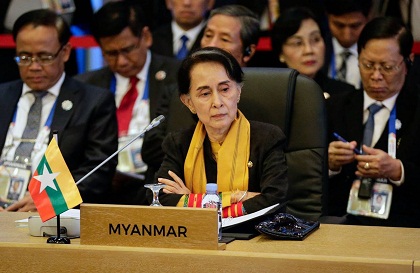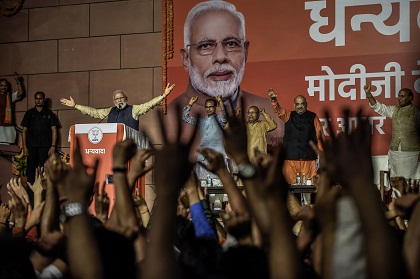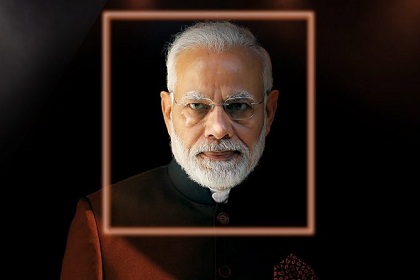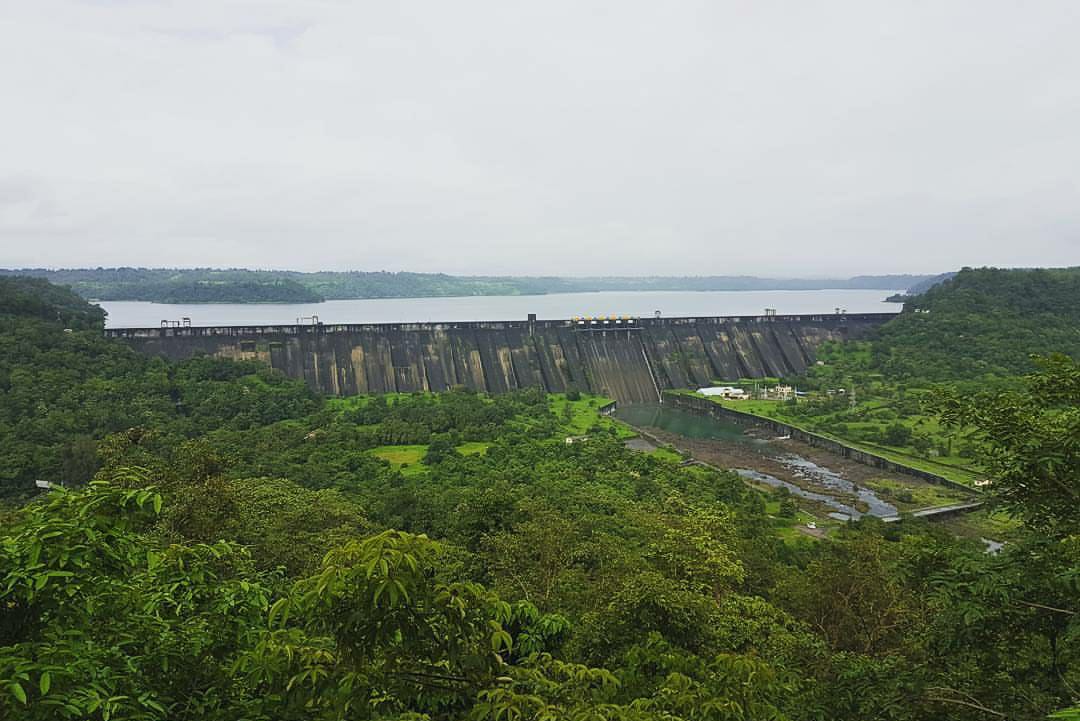Delusional Politics
The apparently disparate themes that Hardeep Singh Puri analyses in this book cohere under his overarching thesis about delusional decision-making and its unexpected consequences, be it Brexit or the rise of populist leaders. His analysis includes an examination of the democratic process, the role of the media and the elusive nature of definitions

